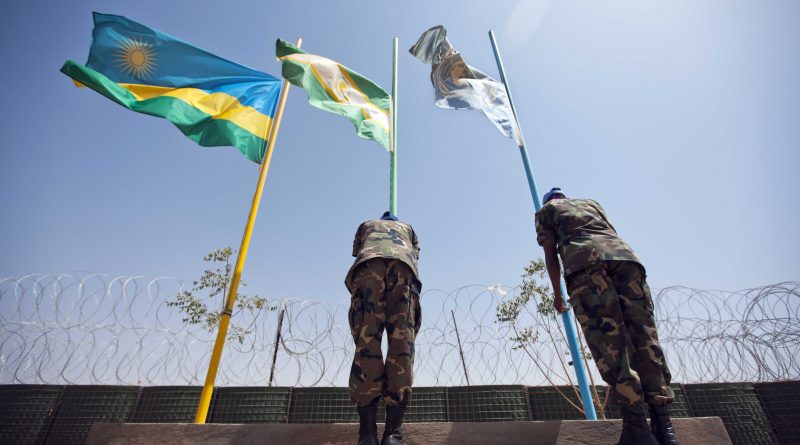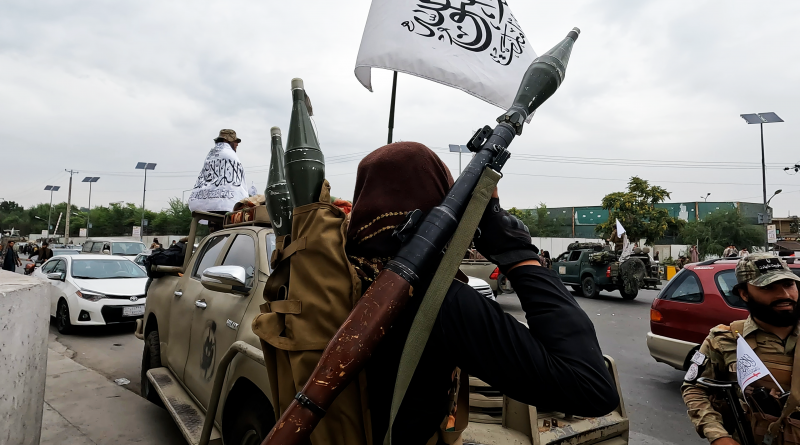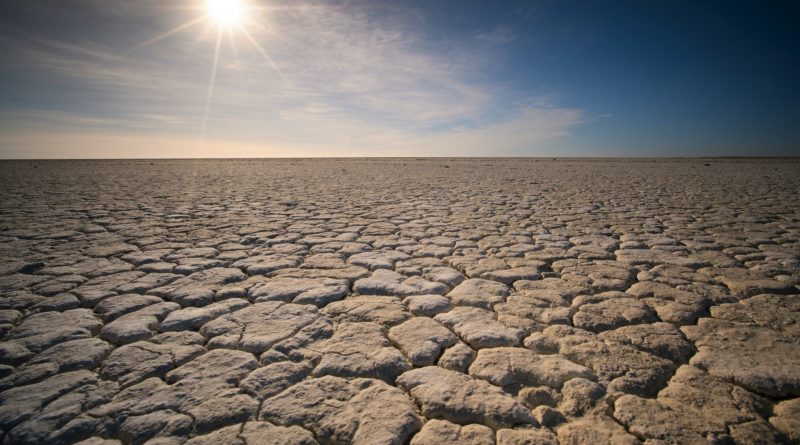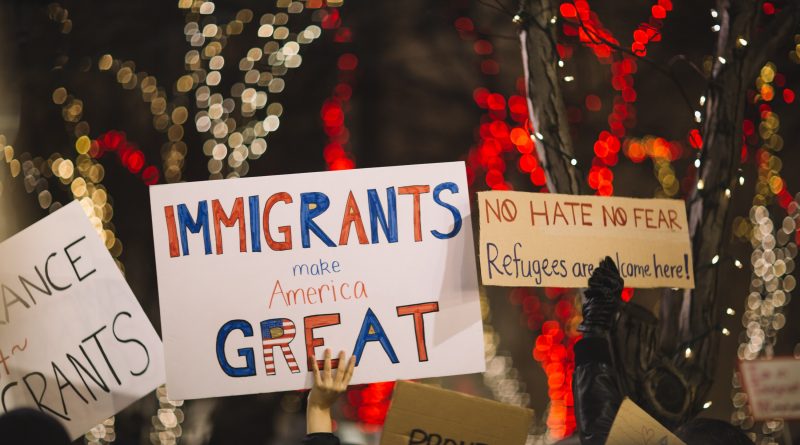One Year After Afghanistan: A New Terror Landscape Emerges
The Taliban’s quick rise to power sparked “joy” and celebration amongst a variety of militant groups that admired the Taliban’s commitment to their ideological goals. The international community’s concerns that Afghanistan will become a safe haven for terrorist activity, as in the 2000s, remains steadfast.
Read More







